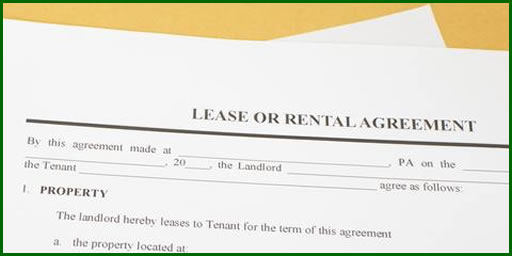
Recent studies have shown that rents are on the rise in the U.S. Harvard University found that the percentage of Americans who are renters has risen since 2004, and is now up to 43 million households. The rising rental market and trends toward renting continues, affording an excellent business opportunity. Being a landlord can be lucrative, but only when done well.
Here are four ways for landlords to take advantage of the rising rental market:
1. Be Aware of What’s Required
Being a landlord requires a certain type of individual who can blend customer service with professionalism, patience and attention to detail. Landlords must also be willing to follow state and Federal laws to ensure that they stay in compliance with current renting laws and practices; partnering with a professional tenant screener can assist in these areas.
2. Pride of Ownership
Drawing in quality tenants requires creating an appealing property that has both functionality and curb appeal. Finding the right balance between staying on budget and keeping properties attractive and appealing is another effective way landlords can draw in quality renters in this rising rental market and keep those tenants around long term.
3. Screen All Tenants
Finding good renters depends largely upon the effective screening of all applicants. Tenants should be screened in a broad range of areas, including their current income, employment status, past rental history, credit checks, eviction history and criminal history. A quality tenant screening service can assist with screening in several of these areas in a way that is compliant with current laws and assists with finding the best people to approve as tenants in this rising rental market.
4. Outsource to Professionals
While a landlord may be handy and proficient in some areas, a good one also knows when to let someone else handle more challenging tasks. Certain repair or remodeling jobs may be beyond the scope of what the landlord can handle. Tenant screening laws and considerations can be complex and difficult to navigate; outsourcing tenant screening can help to eliminate risk and ensure that it is done effectively.
More and more Americans than ever are renting instead of buying these days, and this creates an opportunity for property owners. Landlords can use these four tips to make the most of a potentially lucrative and rising rental market.
Disclaimer: The information on this website does not constitute legal advice and is governed by our Terms of Use. We make no claims, promises or guarantees about the accuracy, completeness, or adequacy of the information contained in or linked to this website and its associated sites.












